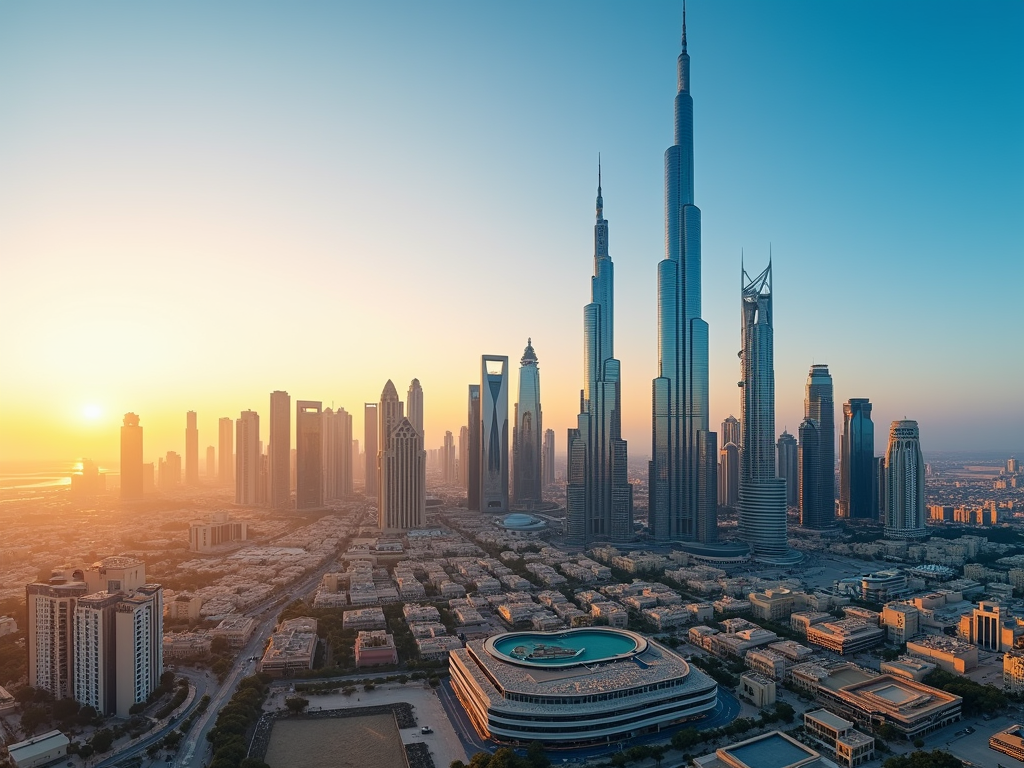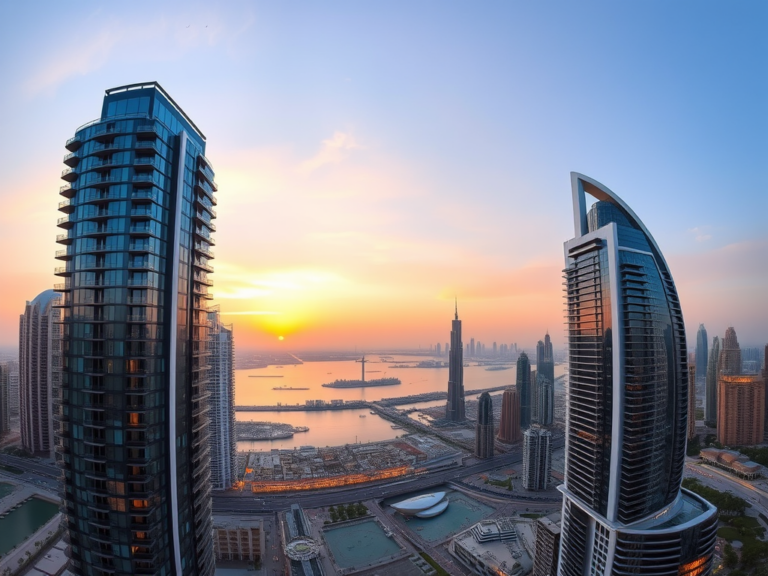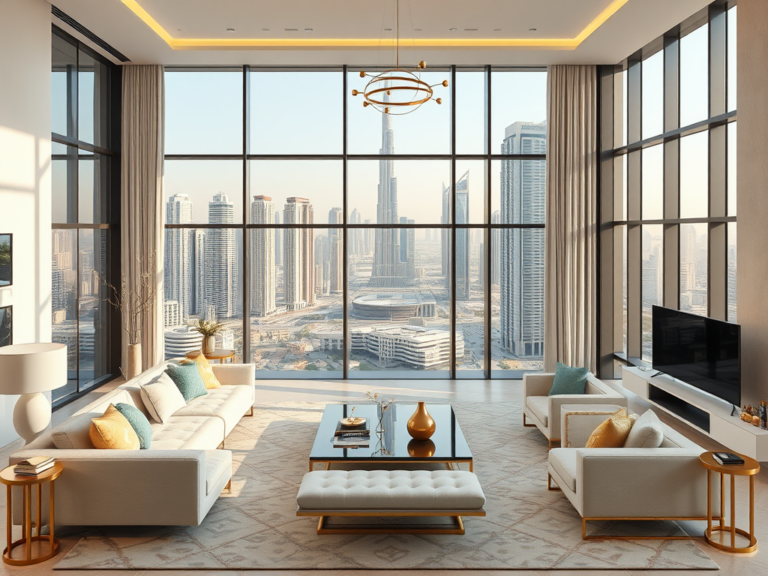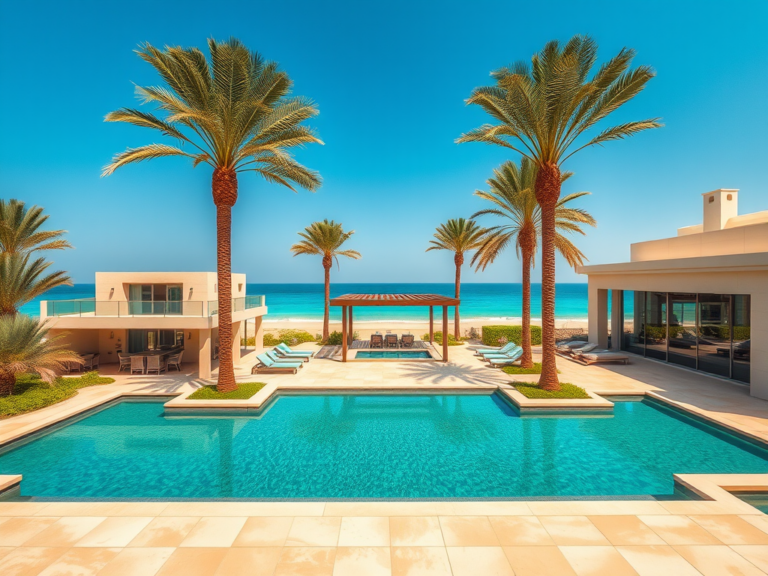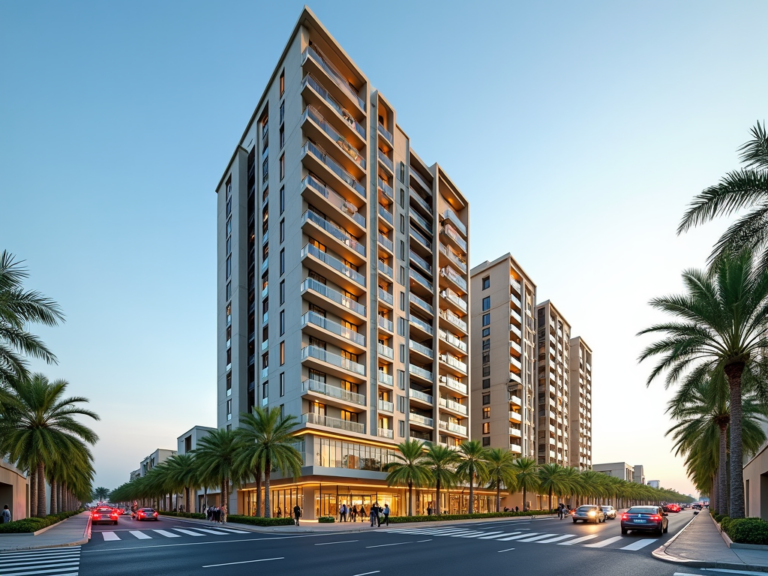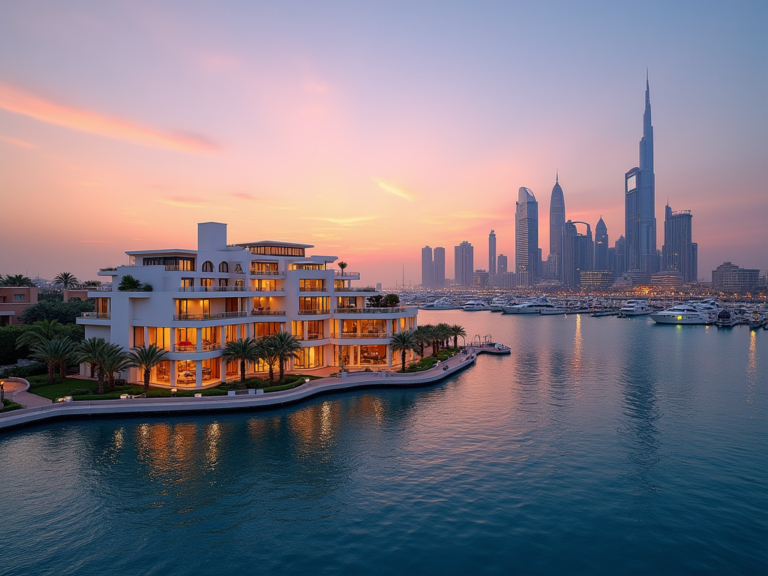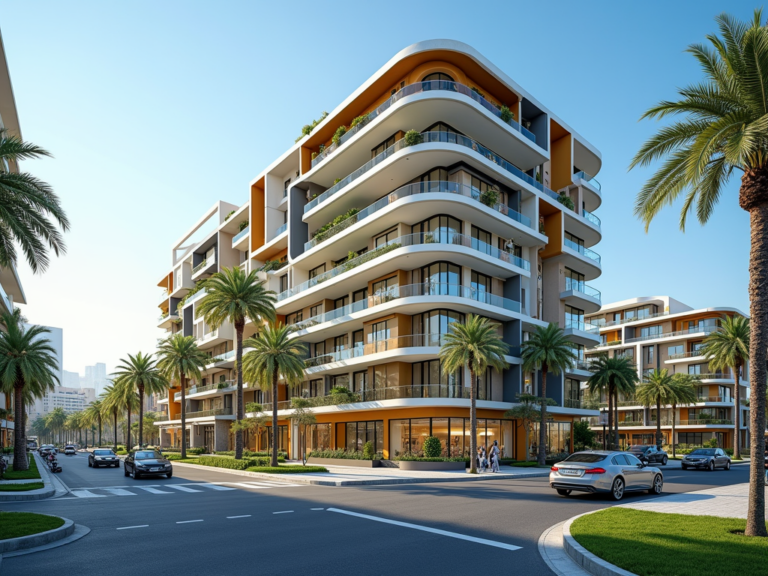Dubai’s real estate market is a vibrant and lucrative landscape, particularly for foreign investors looking to diversify their portfolios. With its strategic location, robust economy, and ambitious development projects, the city offers a plethora of opportunities. The recent trends, regulations encouraging foreign ownership, and high demand for luxury properties further enhance its appeal. This article will delve into the intricacies of Dubai’s real estate market, highlighting the opportunities available to those eager to invest.
Understanding the Market Dynamics

The real estate market in Dubai operates within a unique set of dynamics influenced by various local and global factors. Firstly, the city’s strategic location as a global gateway for trade and tourism plays a crucial role in attracting foreign investment. Additionally, Dubai’s commitment to innovation and advanced infrastructure, including world-class amenities and transport systems, significantly enhances its livability and investment potential. The demand for both commercial and residential properties remains strong due to a growing expatriate population and an influx of tourists. Furthermore, the Emirate is recognized for its tax-free environment and investor-friendly regulations, making it highly appealing for foreign investors. Overall, understanding these market dynamics is vital for making informed investment decisions in Dubai’s real estate sector.
Regulatory Framework and Incentives for Foreign Investors
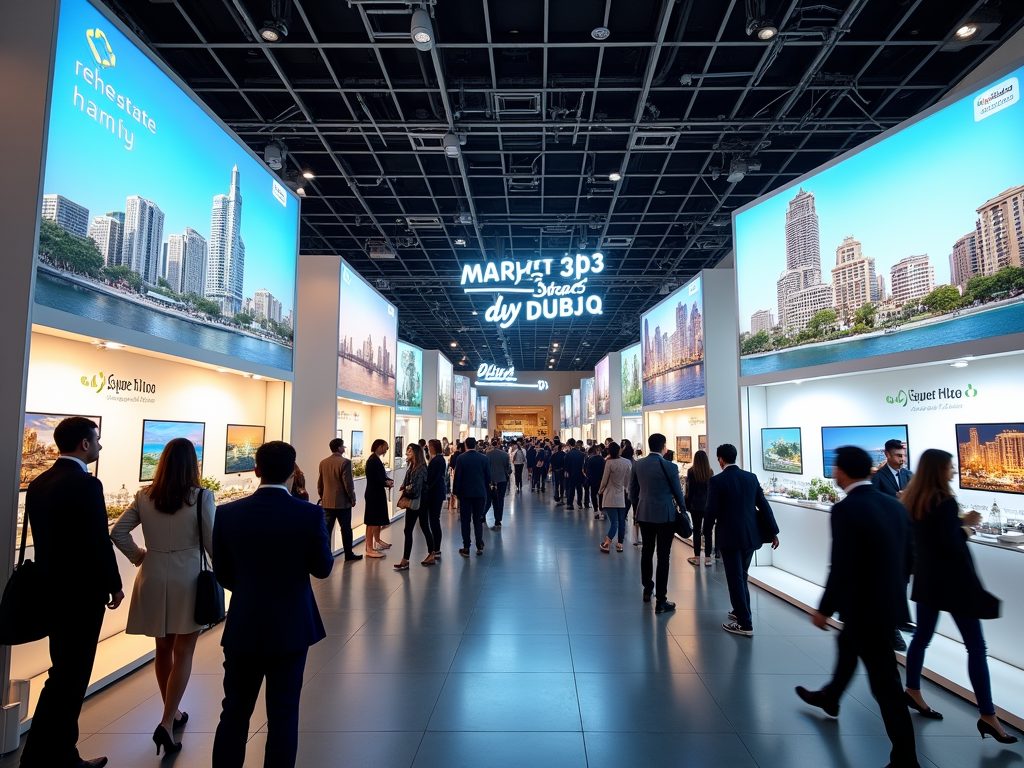
One of the key elements that make Dubai’s real estate market attractive is its regulatory framework, which supports and encourages foreign investment. The government of Dubai has implemented various laws and initiatives designed to facilitate property ownership for non-residents. For instance, foreign investors can own 100% of properties in designated freehold areas, a clear departure from traditional ownership patterns in many countries. Additional incentives include:
- Long-Term Visas: Foreign investors can obtain long-term residency visas, enhancing security and commitment to investments.
- Accessibility: Simplified purchase processes through real estate authorities provide streamlined experiences for foreign buyers.
- Variety of Property Types: Investors can choose from luxurious villas, apartments, and commercial spaces.
- Low Entry Costs: Competitive property prices compared to many global cities make it feasible for diverse investment levels.
- No Property Tax: The absence of annual property taxes significantly boosts profit margins for property owners.
Exploring Lucrative Property Segments
Investors seeking opportunities in Dubai’s diverse real estate market should focus on certain segments that promise substantial returns. The luxury property segment has seen a surge in demand, driven by high-net-worth individuals looking for opulent residences. Additionally, the ongoing development of mixed-use communities provides attractive options for both residential and commercial investments. Important segments include:
- Luxury Residential Properties: High-end apartments and villas in prime locations like Dubai Marina and Palm Jumeirah.
- Commercial Real Estate: Offices in the Downtown area catering to multinational corporations.
- Add Residential Developments: Affordable housing options to cater to the growing expatriate workforce.
- Short-Term Rental Market: High demand for vacation rentals offers lucrative opportunities for property owners.
- Retail Properties: As consumer spending increases, investment in retail complexes can yield significant returns.
Trends Shaping the Future of Dubai’s Real Estate
The future of Dubai’s real estate market looks promising, bolstered by several emerging trends. Firstly, sustainability and eco-friendly developments are gaining traction, aligning with global shifts towards greener living. Projects like the Dubai Sustainable City are leading the way in promoting environmentally-friendly properties. Secondly, technology integration into real estate operations, from smart homes to virtual tours, is paving the way for enhanced transparency and efficiency. Additionally, as Dubai positions itself as a tech and innovation hub, demand for commercial properties will likely escalate, creating further investment prospects. Lastly, the upcoming Expo 2025 is expected to propel the real estate market, attracting tourists and investors alike to the city.
Conclusion
In conclusion, Dubai’s real estate market presents a wealth of opportunities for foreign investors. Its strategic location, progressive regulations, and diverse property segments create an enticing environment for investment. With favorable market trends and a commitment to innovation, investors are well-positioned to capitalize on the city’s growth and prosperity.
Frequently Asked Questions
1. Is it possible for foreigners to buy property in Dubai?
Yes, foreigners can buy property in Dubai, especially in designated freehold areas where they can own 100% of the property.
2. What types of properties are popular among foreign investors in Dubai?
Luxury residential properties, commercial real estate, and vacation rentals are particularly popular among foreign investors.
3. Are there any taxes on property ownership in Dubai?
There are no annual property taxes in Dubai, which makes it financially appealing to property owners.
4. How can investors obtain residency in Dubai through real estate investment?
Foreign investors can obtain long-term residency visas by purchasing property worth a specified value, typically starting from AED 2 million.
5. What trends are influencing Dubai’s real estate market currently?
The trends include a focus on sustainability, increased technology adoption, and a boost in demand due to upcoming international events like Expo 2025.
